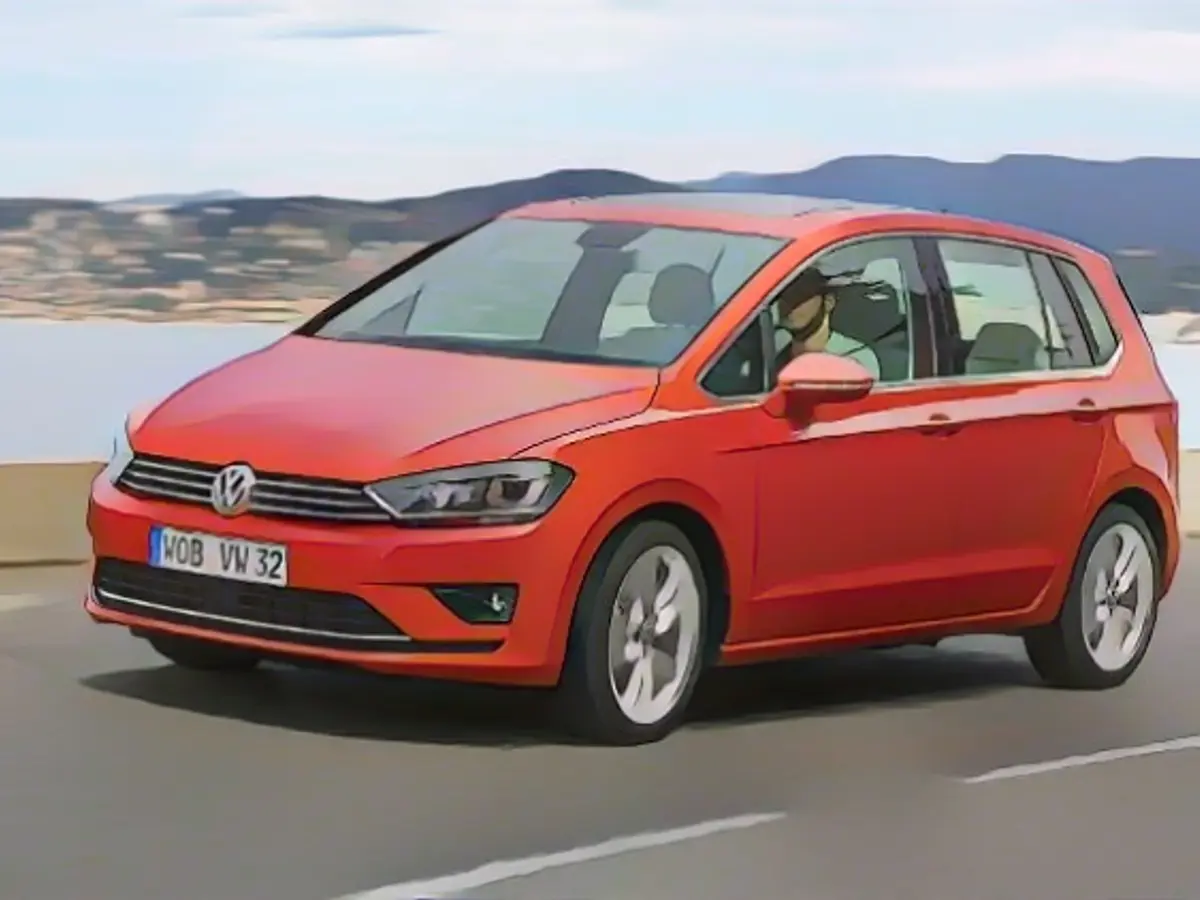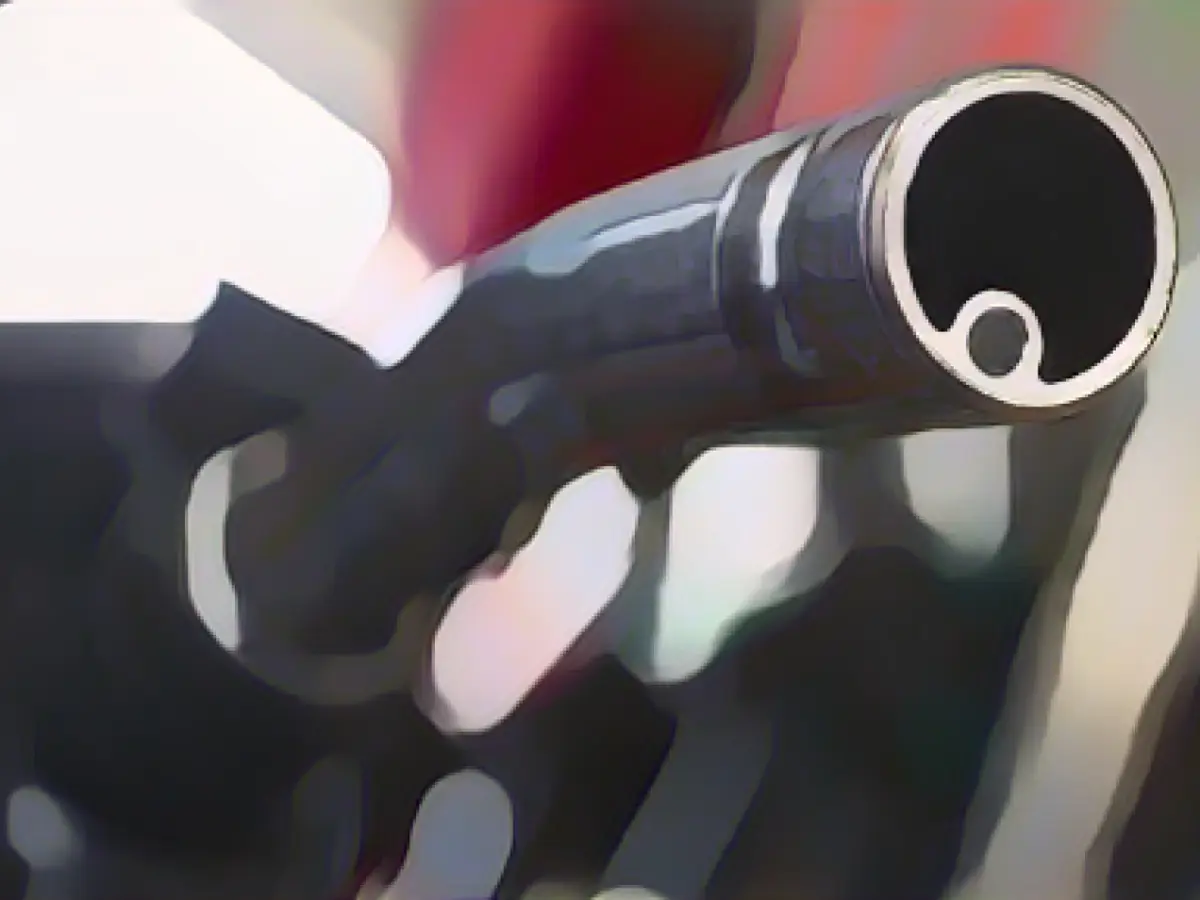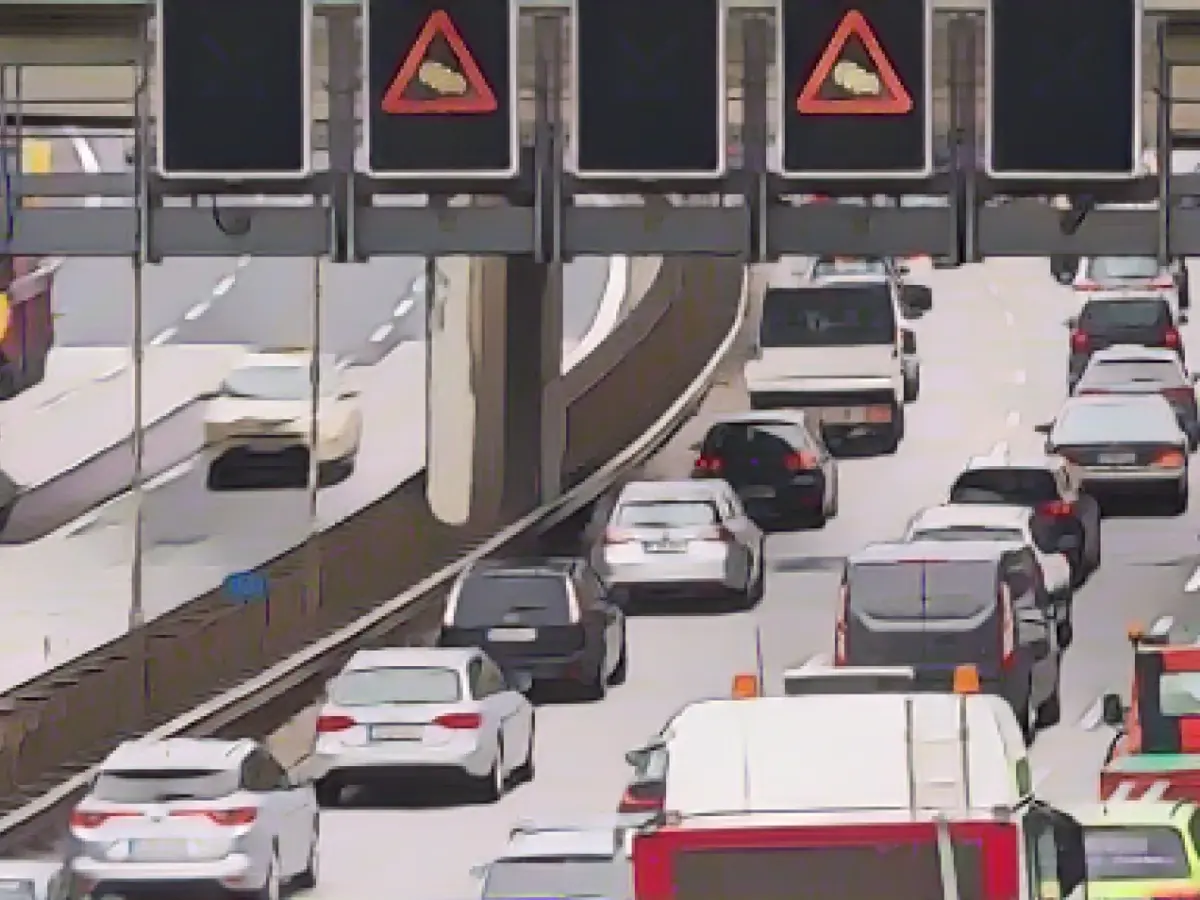Driving on German roads doesn't always guarantee a smooth ride, as the latest TÜV Report reveals. Over 20% of cars failed their main inspection during June 2022 to June 2023, a slight increase from the previous year. This translates to approximately 150,000 vehicles that didn't meet the required standards.
Lighting issues emerged as the most frequent complaint across various age groups. Unsurprisingly, other common complaints included oil loss from engines, chassis, and brakes. Electric cars, which usually decelerate using engine brakes, faced more frequent braking problems due to corrosion on rarely used friction brakes. The uneven weight distribution of traction batteries placed a strain on axle suspensions, leading to faults in this area as well.
In the disappointment department, the Tesla Model 3 took the cake, with a high failure rate among two to three-year-old vehicles. The VW Golf Sportsvan claimed second place in this group, followed by the Audi Q2 and Audi TT.
The VW e-Golf consistently topped the e-car ranking, boasting a low failure rate. It was the only electric car that managed to surpass the 15% error rate in the 12 to 13 age group (vehicles evaluated for the first time), along with other affordable and reliable models like the Opel Karl and the Peugeot 208.
In response to the rise of electrification and digitalization in the automobile industry, the TÜV association is advocating for changes to the HU. They urge more extensive battery inspections to include critical aspects like electric shocks and overvoltage protection. The association also emphasizes the importance of improving access to safety-relevant vehicle data and strengthening cyber security to better combat speedometer fraud.
Sources:
- [enricheddata]
[1] enricheddata: The most common issues found during TÜV inspections in German cars, particularly in electric models, include brake system defects, light system defects, and wheel and steering system issues. The high failure rates in electric vehicles like the Tesla Model 3 have raised concerns about Tesla's maintenance policies, which lack a mandatory maintenance schedule, leading to potential issues and subsequent inspection failures. Regulatory bodies are likely to introduce stricter oversight and new maintenance requirements for EVs in Europe.








